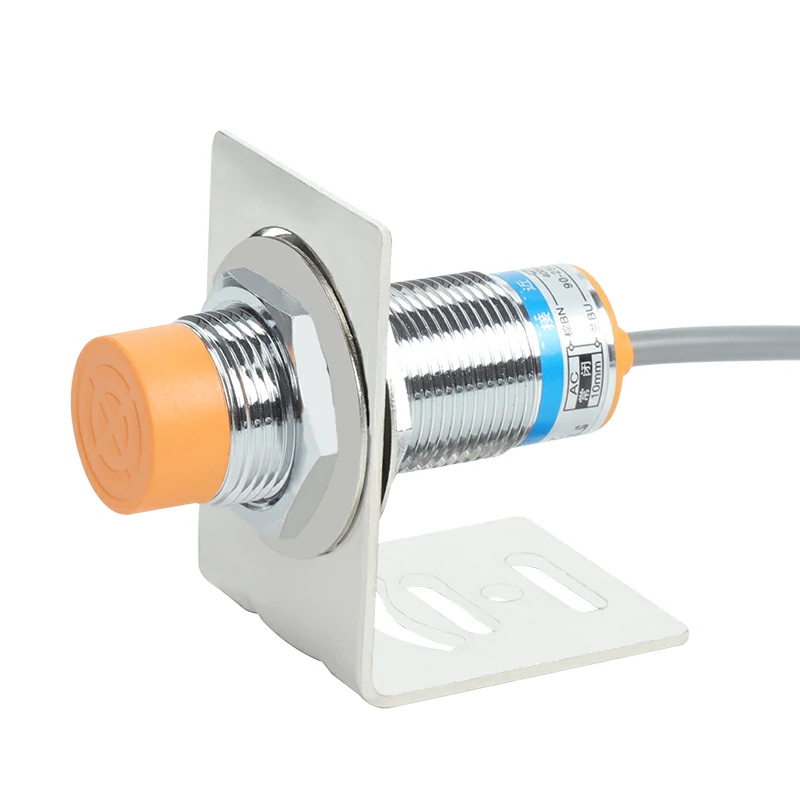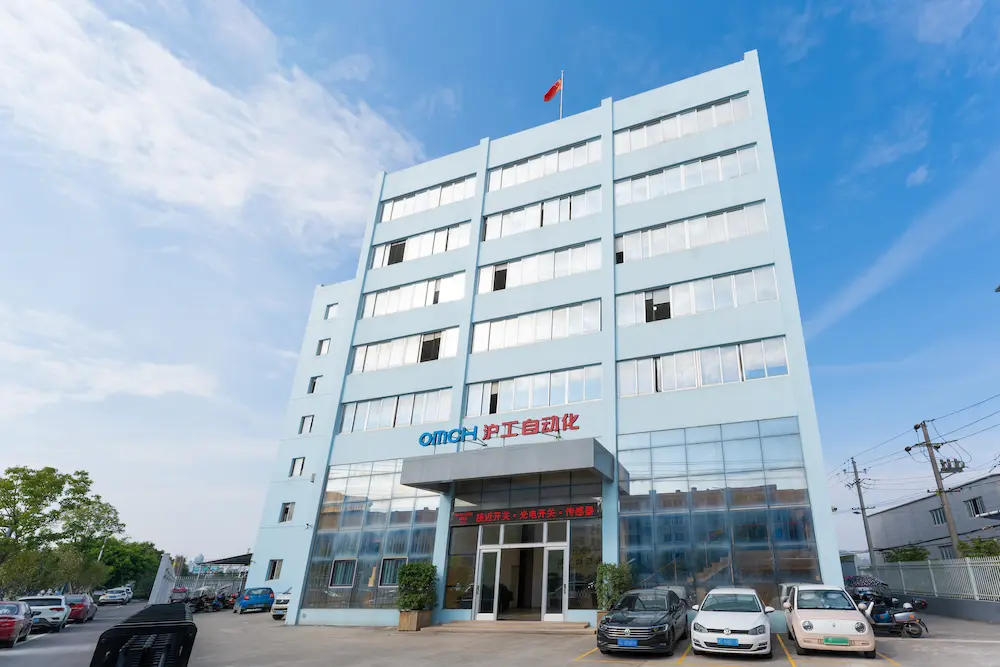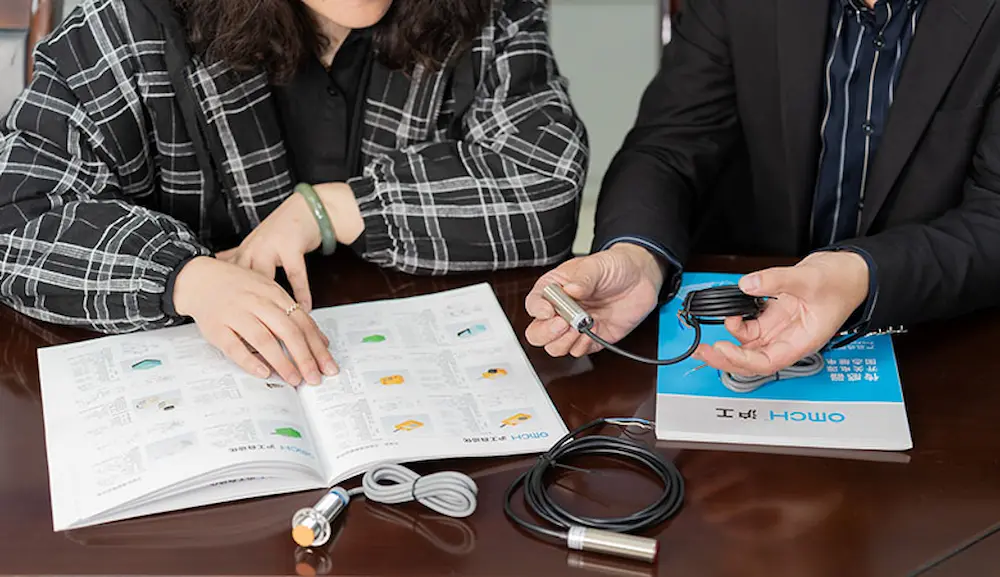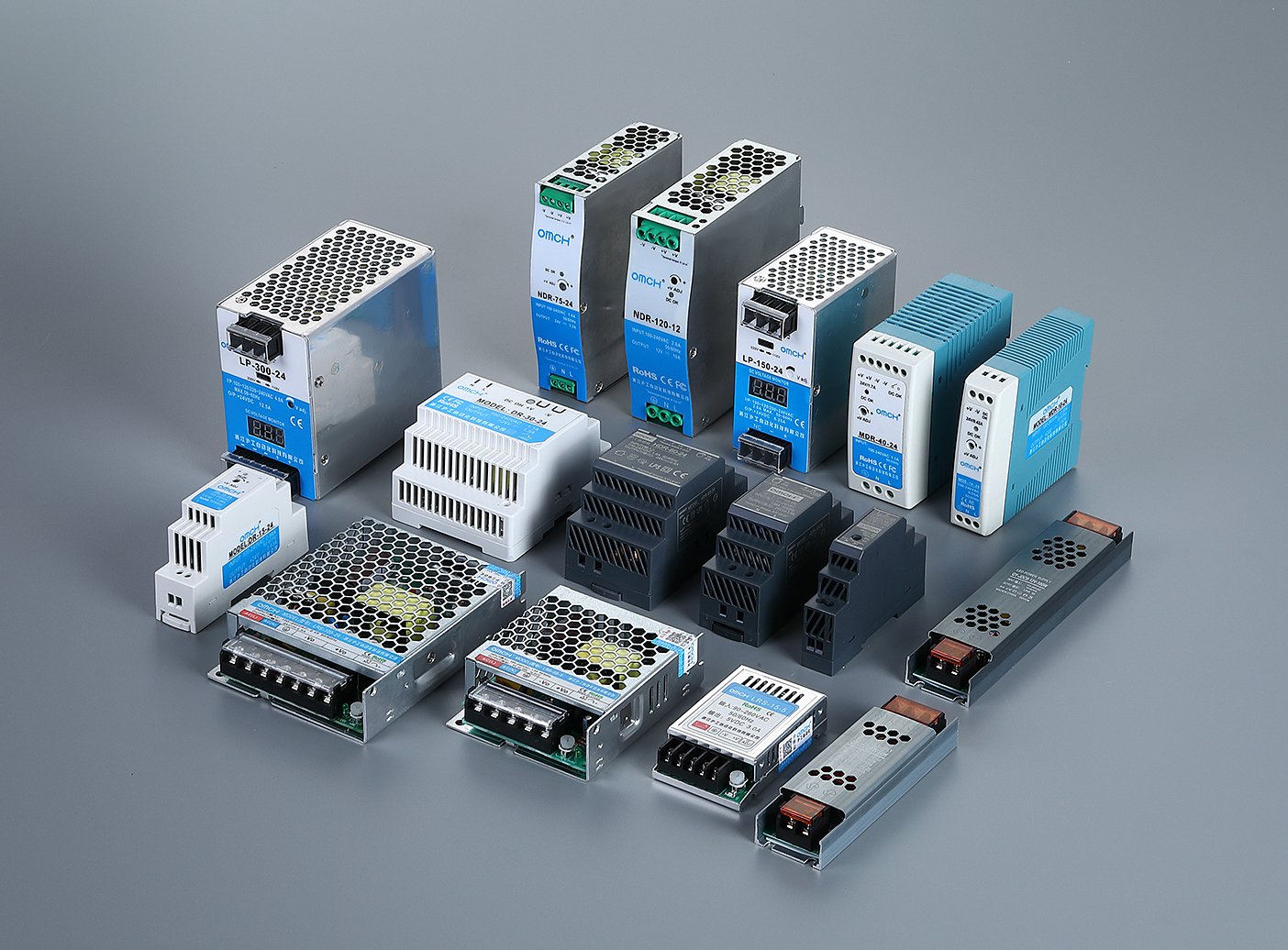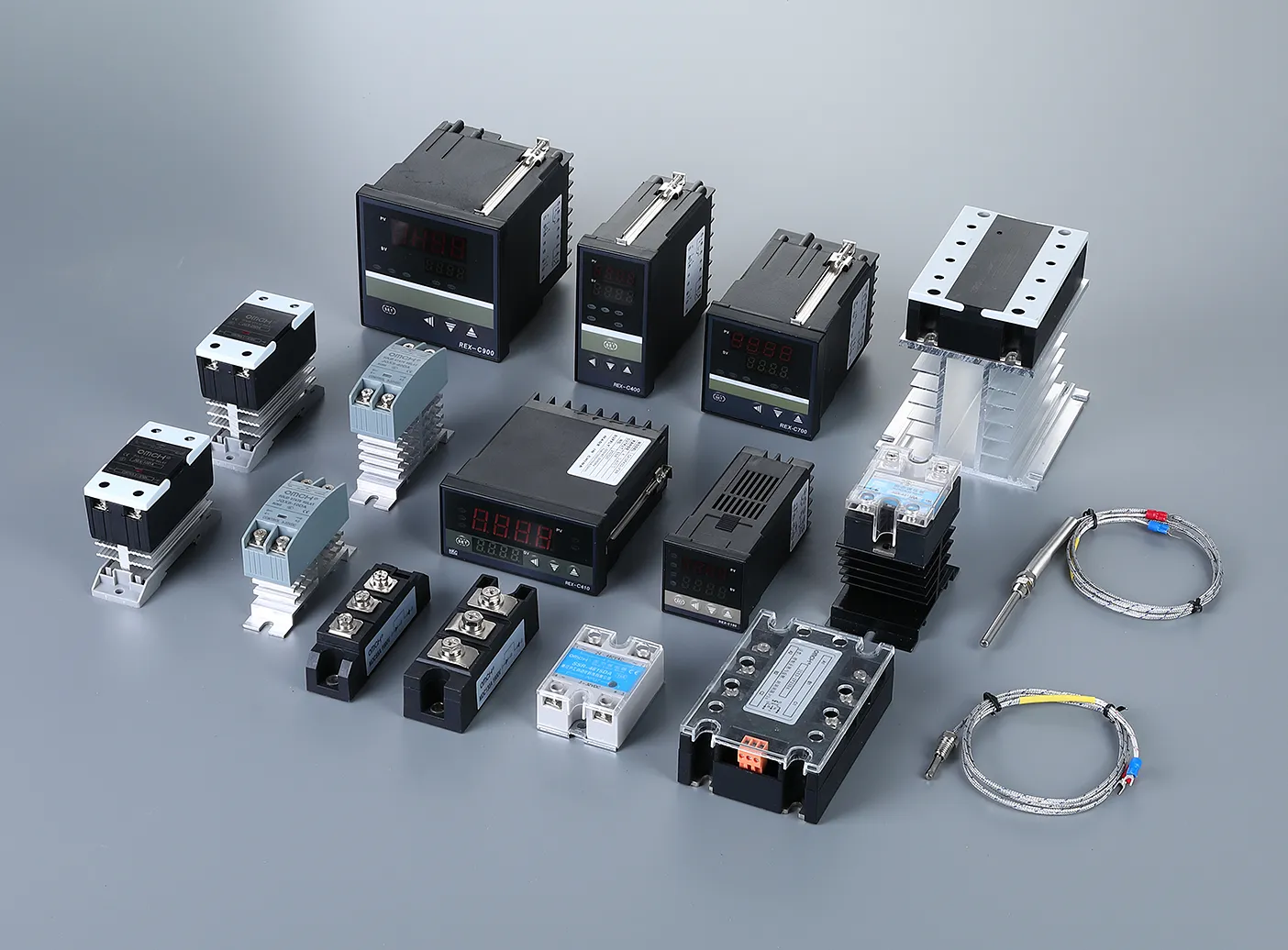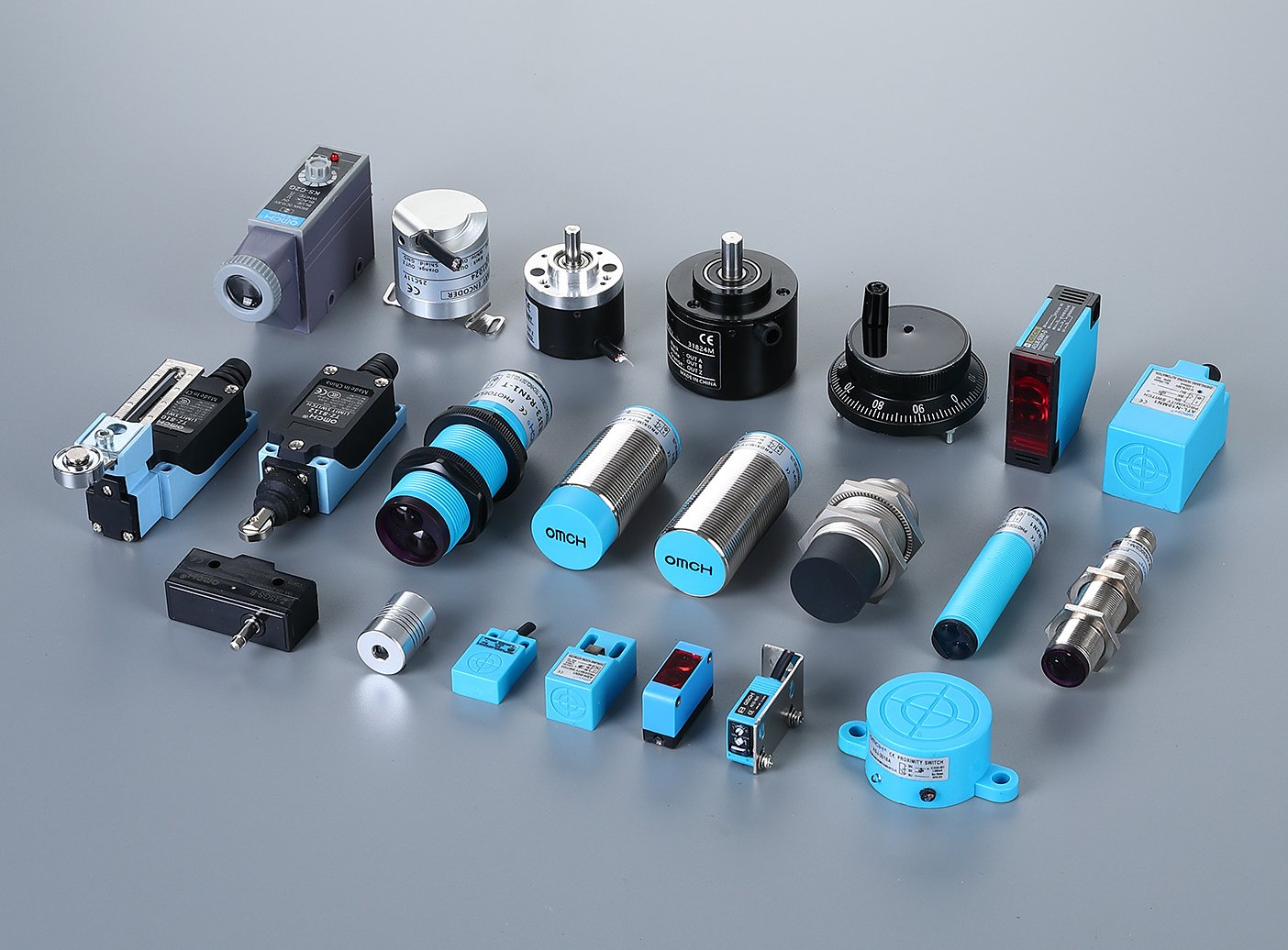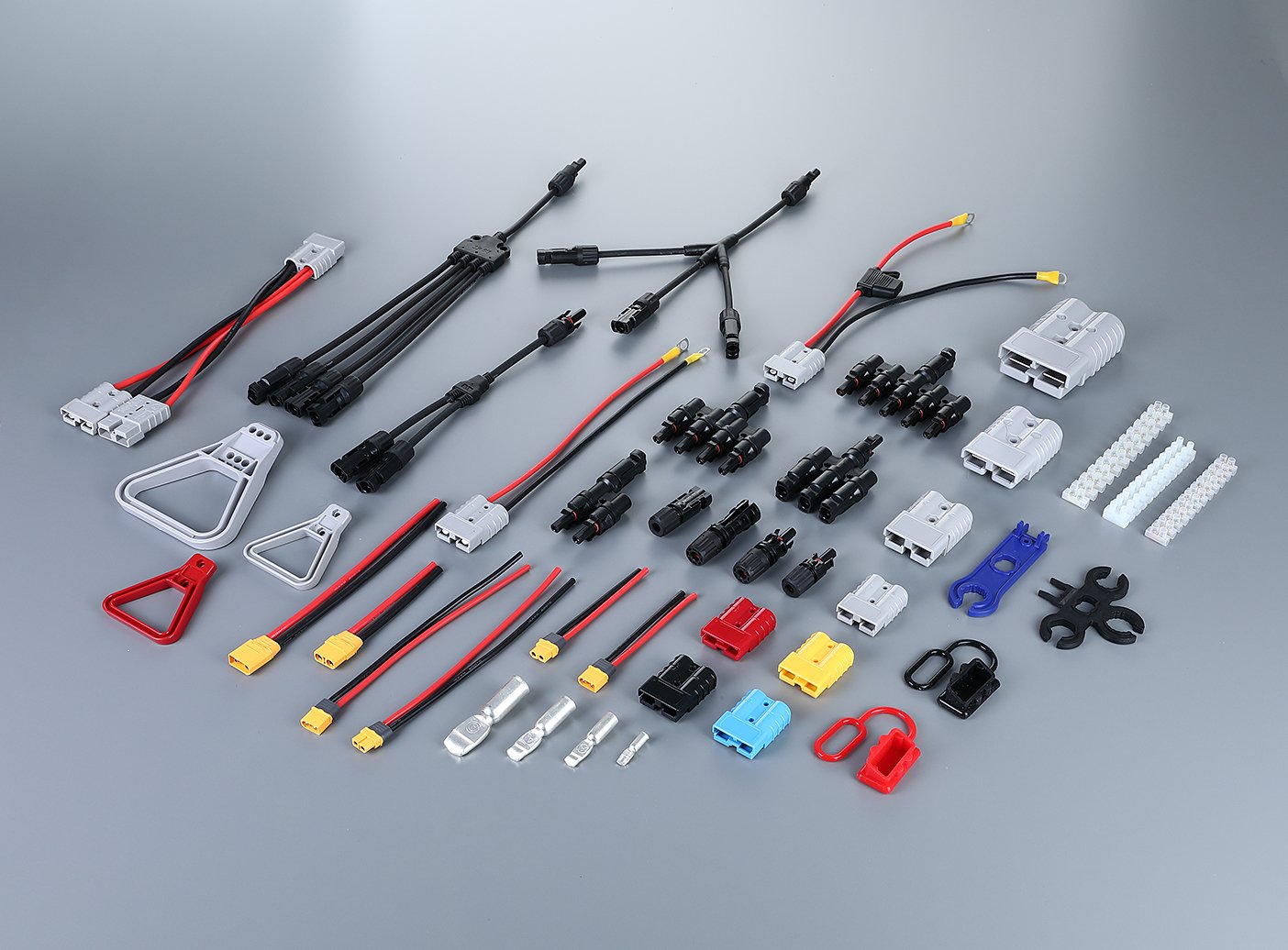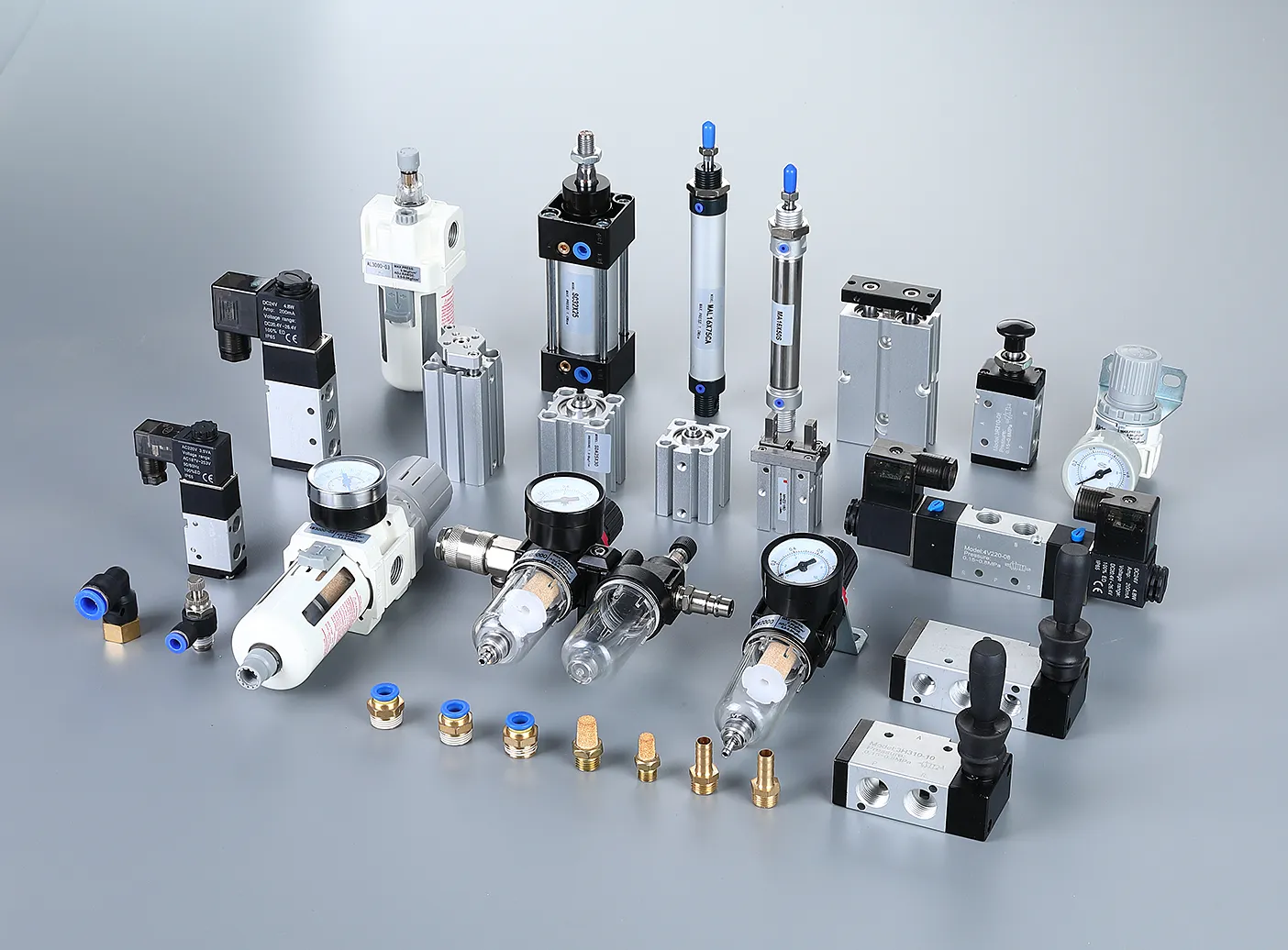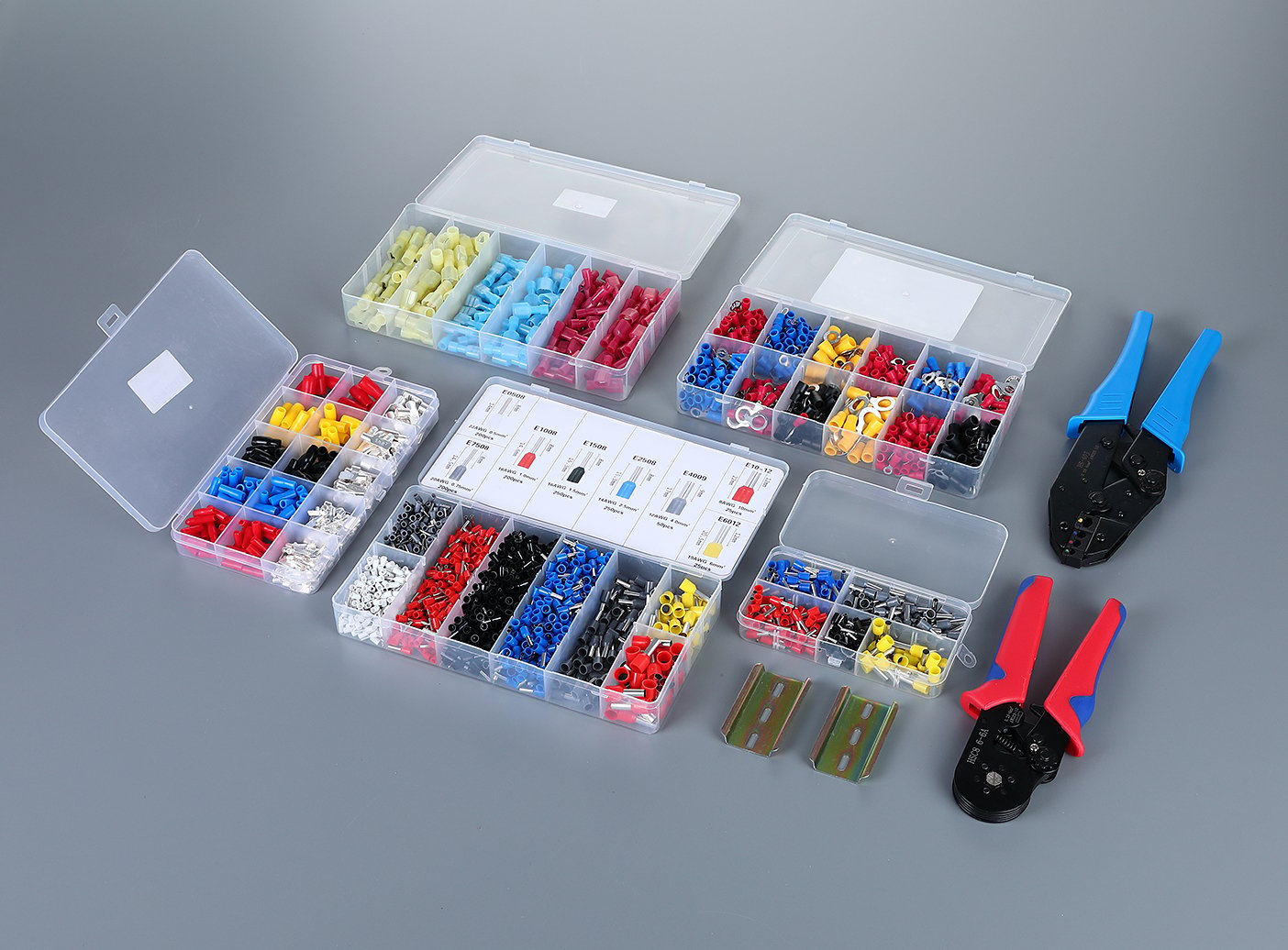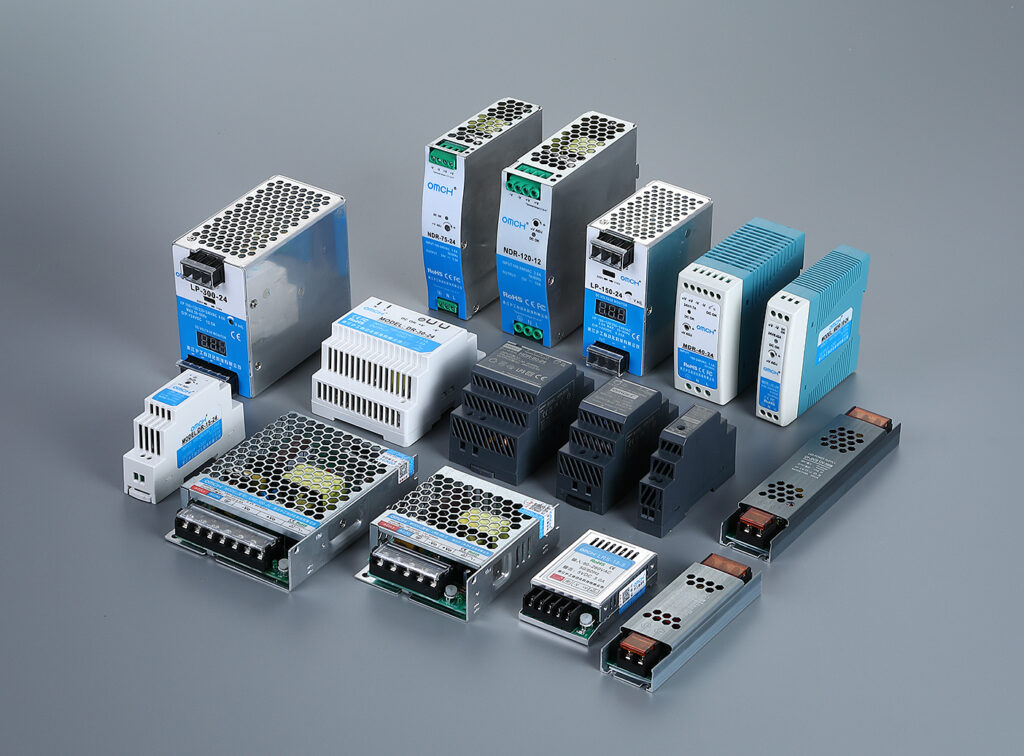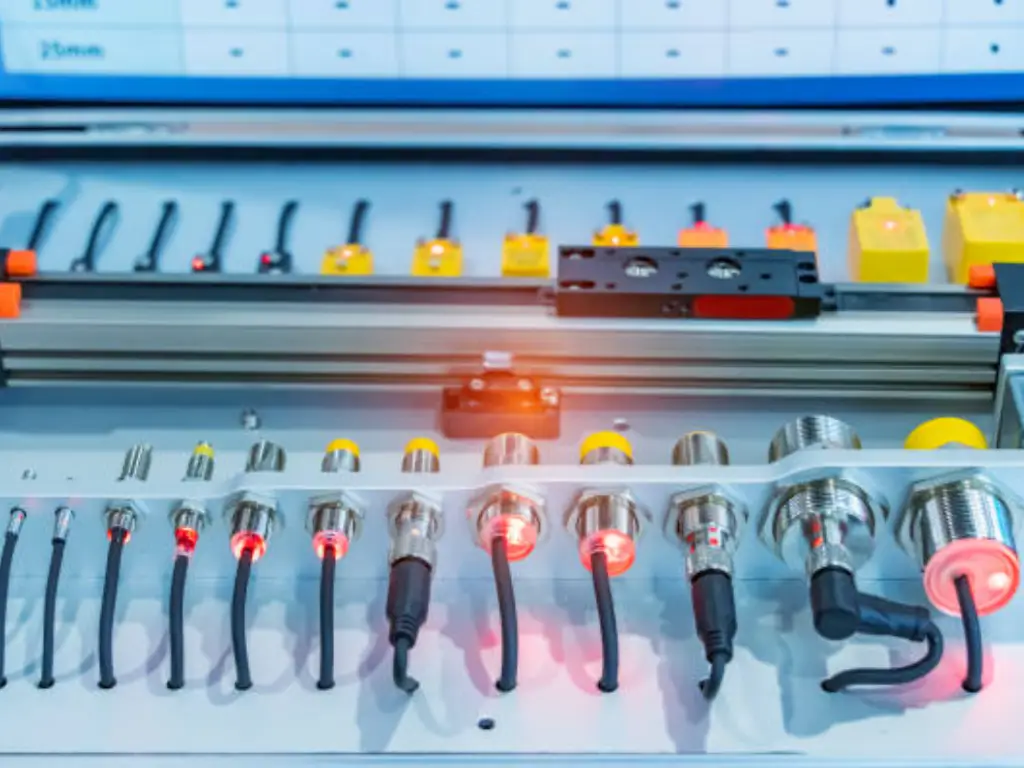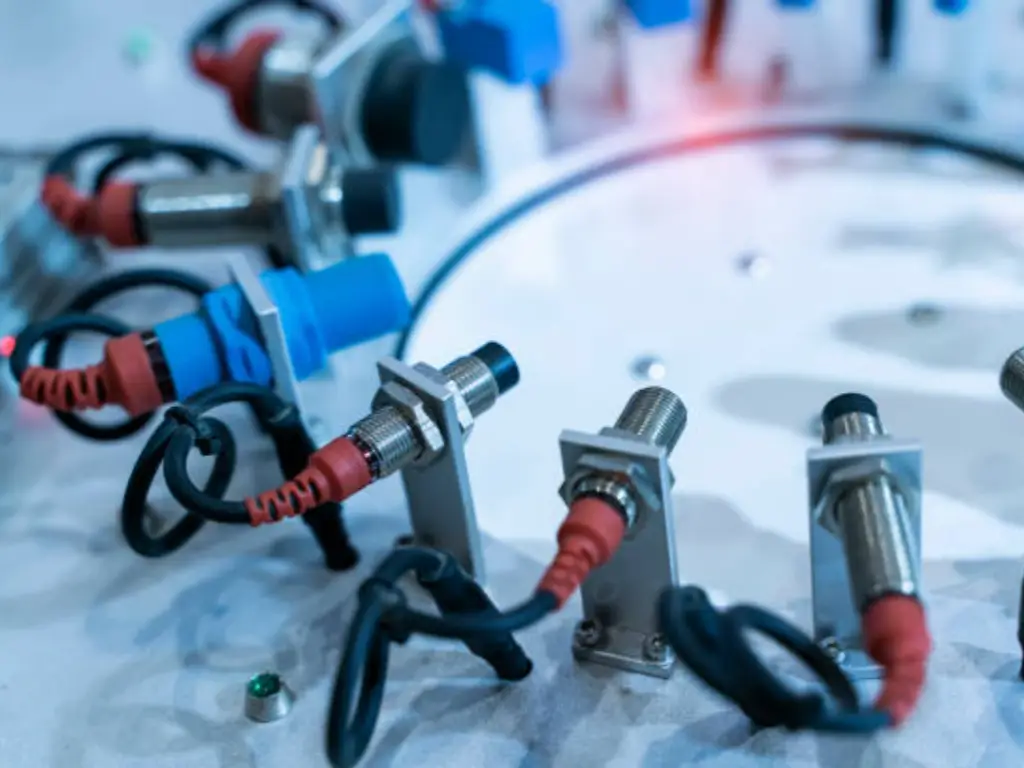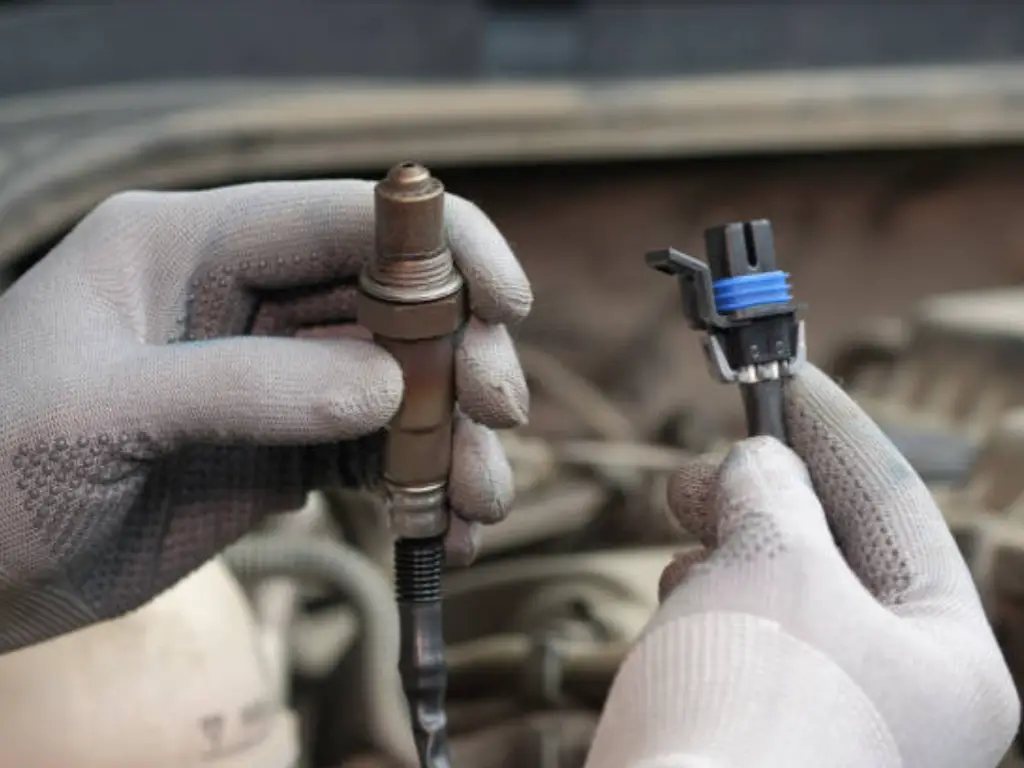Powering the Industrial World: An Introduction
In the busy world of modern industry, where machines and automated systems are always moving, the power supply is the silent but vital power source behind every action. A power supply unit is not only an electrical component. It is the main source of life for industrial operations, changing raw AC power from the mains into the exact, steady currents that power robots and sensors. If there is no reliable power source, the wheels of progress stop turning which results in expensive downtime, possible damage to equipment and a risk to safety. At this stage, your power supply is absolutely vital.
This article explores how strong power supplies are essential for industrial operations today. We will look at the main types of power supply that are crucial for industrial systems, explaining how they work, what makes them unique and where they are used. We will also examine unique power solutions designed for the most challenging industrial needs, able to manage a wide range of power requirements. We’ll also highlight the key factors to consider when choosing the right power for your needs, so your operations are smooth, efficient and uninterrupted. It’s not only about learning the technical aspects when we understand these differences. It is focused on protecting productivity, achieving the highest precision and leading the continuous progress of industry.
| Type of Power Supply | Description | Key Applications |
| Linear Power Supplies | Use a transformer to convert AC to DC, providing clean, stable power with low noise and ripple. | Sensitive applications like oscilloscopes, MRI machines, CT scanners, professional audio equipment. |
| Switched-Mode Power Supplies (SMPS) | More efficient and compact, operates by rapidly switching DC voltage on and off for high efficiency (80-95%). | Industrial automation, LED lighting, data centers, EV charging stations, robotic systems. |
| Uninterruptible Power Supplies (UPS) | Provides backup power via batteries during outages, ensures continuous operations and protects data and equipment. | Data centers, SCADA systems, medical operating rooms, continuous production facilities. |
| Programmable Power Supplies | Allows control of voltage, current, and power sequencing, ideal for testing and R&D applications. | Research labs, testing and burn-in processes of electronic devices. |
| High-Voltage Power Supplies | Designed to generate and control high voltages for applications involving strong electrical fields or charged particles. | X-ray machines, lasers, semiconductor manufacturing, pollution control systems. |
| Redundant Power Supplies | Comprises multiple power supplies (e.g., N+1) to ensure reliability, if one fails, others take over without interruption. | Data centers, telecommunications, critical industrial systems. |
| AC-DC & DC-DC Converters | Converts AC power to DC or changes existing DC voltage levels, essential for modular power supply designs. | Modular power systems in industrial machines and electronic assemblies. |
| Custom Power Supplies | Tailored solutions designed for specific needs and harsh environments, meeting unique requirements. | Specialized applications where standard supplies are inadequate (high heat, unusual shapes). |
Core Industrial Power Supplies: Understanding the Fundamentals
The backbone of every strong industrial system revolves around a core decision in power conversion. Knowing the main types of power supplies is crucial for any engineer, manager, or technician who seeks operational continuity and absolute dependability. These units are much more than power boxes– They protect your system health in silence, managing the precise flow of electrical power throughout crucial functions.
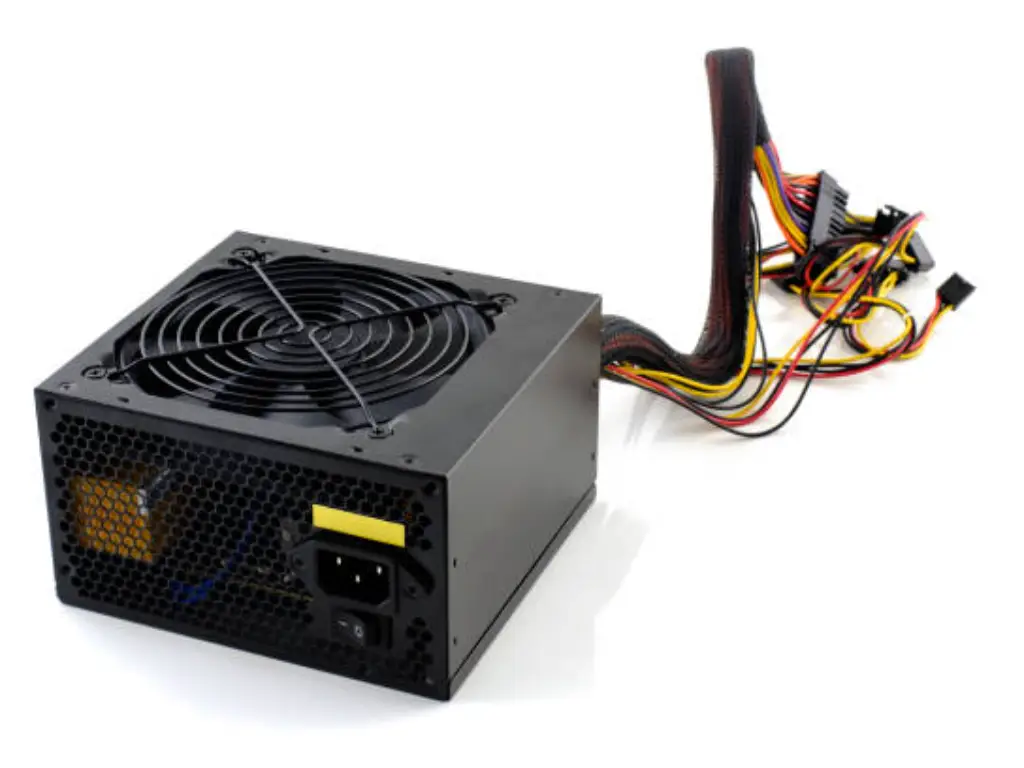
Linear Power Supplies: Precision and Stability for Sensitive Applications
Linear power supplies are a well-established engineering method, recognized for being straightforward and simple. They use a continuous process to convert power which results in DC power that is both clean and stable.
- Linear power supplies take AC voltage from the mains, use a transformer to change it to AC and then rectify it to DC. A series pass transistor behaves as a variable resistor, always adjusting to reduce extra voltage and keep the output steady. As a result, the ripple and noise are very low and the output voltage can change quickly when the load changes. The simple circuit design in these devices reduces EMI, making them quiet electrically. Their purity is what makes them special, since even a small change in electricity could affect their accuracy. They are, in fact, the still part of an electrical storm, allowing a smooth flow. Basic power supplies, including linear ones, are able to supply negative voltages as needed.
- Because they are so precise, linear power supplies are often chosen for use in sensitive industrial settings. Some of these tools are high-resolution oscilloscopes and spectrum analyzers. In hospitals, they are used to run MRI and CT scanners which are important for patient safety and accurate diagnosis. They are also important in professional audio gear and amplifiers used in studios, since clear amplification and a clean signal are very important. In addition, sensitive components in laboratory power supplies and ATE are often tested using linear designs.
Switched-Mode Power Supplies (SMPS): Efficiency and Versatility for Modern Demands
SMPS are much more efficient and compact than the older linear power supplies. They are now the mainstays of industrial electronics, changing the way DC power is handled and controlled, particularly in terms of output power. They do not constantly monitor the market. Rather, they turn power on and off rapidly which results in significant improvements in performance.
- Working Principle and Advantages: SMPS first rectify the AC power, then use high-speed MOSFETs to switch the DC voltage on and off at frequencies ranging from tens of kilohertz to megahertz. The pulsed voltage is then changed, filtered and controlled. Because of the fast switching, energy is used more efficiently, with most systems reaching 80-95% efficiency. Because they operate at high frequencies, these devices can be made smaller and lighter. SMPS are designed to handle a wide range of input voltages and can be used in different parts of the world. They also offer different topologies (such as Buck, Boost and Flyback) to help convert voltage as needed. They are designed to be small, yet they offer strong performance.
- Key Industrial Applications: SMPS are essential in many modern industrial fields because they are both efficient and very versatile. They are the main source of power for industrial automation and robotics, where being small and powerful is very important. SMPS in LED lighting ensure that the voltage and current are just right for efficient lighting. They are key for running base stations and servers in data centers, where both power efficiency and energy conservation are very important. In addition, SMPS are commonly found in industrial control systems, electric vehicle charging stations and many other places that require a lot of current in a small package. They are very commonly used as DC power supplies.
Uninterruptible Power Supplies (UPS): Guaranteeing Continuous Operations
If power outages cannot be tolerated, Uninterruptible Power Supplies (UPS) are there to ensure operations do not stop. They are carefully planned to ensure that there is enough time for backup generators to start or for important systems to be safely shut down, so no data is lost and no damage occurs.
- Working Principle and Advantages: UPS systems are based on batteries that are always charged by the main power supply. If the main power supply fails, the UPS instantly uses its battery to keep the electricity flowing. There are three main types: Offline UPS (only backup), Line-Interactive UPS (adds voltage regulation) and Online UPS (provides the best protection by always using battery power to supply the load). The main benefit of these devices is that they protect data, equipment and prevent expensive downtime due to power sags, surges, outages or irregularities. They act as a hidden safety measure, allowing operations to continue even if their main support disappears.
- Key Industrial Applications: The need for constant power in industries makes UPS systems essential in many areas. Data centers are good examples, as a short power outage can result in major data loss and damaged hard drives. UPS in SCADA (Supervisory Control and Data Acquisition) systems guarantees that monitoring and control do not stop. UPS is used in medical surgery rooms to ensure power is not lost during important operations. In addition, industries that operate continuously such as steel mills and chemical plants, rely on UPS to avoid costly breaks, reduce waste and ensure a safe way to shut down.
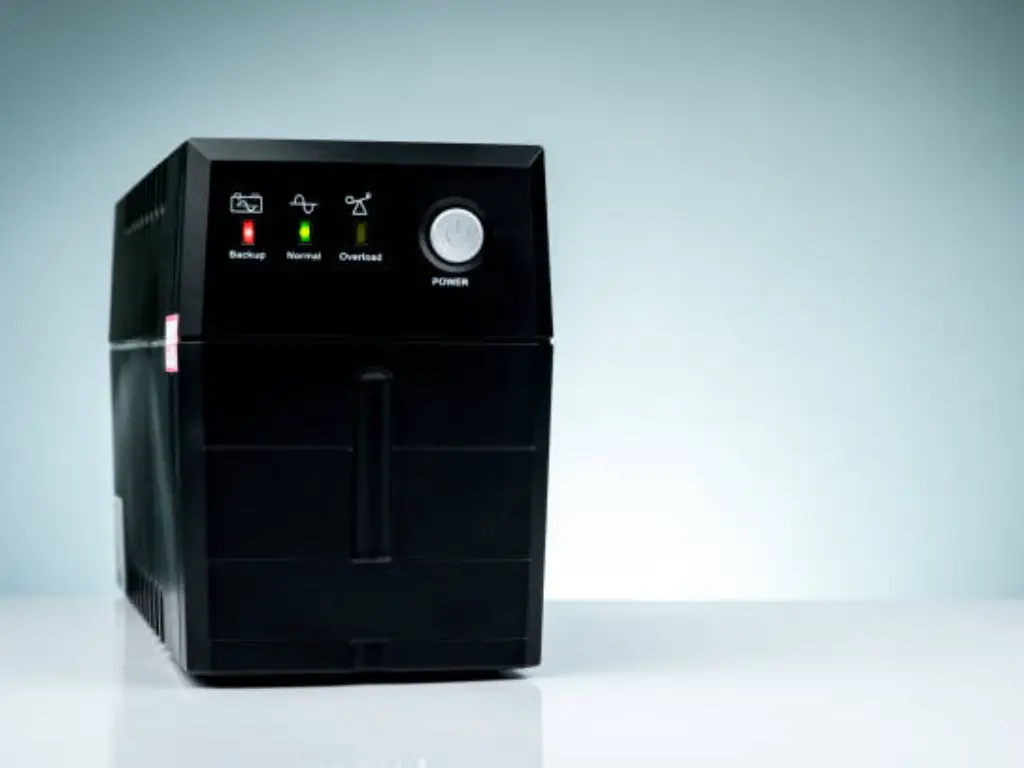
Beyond the Basics: Specialized Power Solutions for Unique Industrial Needs
Most industrial power needs are met by linear, switching power supply units and UPS systems, but the detailed, specific and often tough requirements of modern manufacturing, research and critical infrastructure often require more advanced solutions. They are not designed to handle all types of loads. They are carefully built to handle very particular problems.
- Programmable Power Supplies: These DC power supplies are advanced because they allow you to control the voltage, current and sometimes the order in which power is turned on or off. They are essential in research and development labs, where engineers must accurately model different power situations. In testing and burn-in, programmable supplies make it easier to run complex tests which improves reliability. Because they can change their power settings on the fly, they are perfect for automated testing and a wide variety of applications involving many different electrical devices.
- High-Voltage Power Supplies: These units are built to produce and carefully control voltages ranging from hundreds to millions and they are essential in areas where strong electrical fields or charged particles are used. X-ray machines, lasers for cutting and welding, semiconductor manufacturing and air pollution control all rely on their use. Safety and accurate control are the main priorities in their design.
- Redundant Power Supplies: For systems that must never fail, redundant power supplies give an extra and essential level of dependability. Usually, these systems use at least two separate DC power supplies that operate together (such as N+1 or N+M). If a unit fails, the others step in to handle the entire workload, so there is no interruption. Because data centers, telecommunications and critical industrial control systems must work continuously, this architecture is crucial.
- AC-DC & DC-DC Converters: AC-DC & DC-DC Converters are essential parts of today’s modular power supply systems. AC-DC converters are found everywhere, changing the AC power from the grid into the DC power that most electrical devices need. DC-DC converters, on the other hand, change an existing DC voltage into a different DC voltage level—either making it higher (boost), lower (buck) or keeping it isolated (various topologies). They are important for designing modular power supplies, as they allow for distributed power in large and complex industrial machines, improve the efficiency of the system and make it much easier to integrate into complex electronic assemblies.
- Custom Power Supplies: Custom Power Supplies: If the needs are very specific and standard power supplies cannot help, custom power supplies are the only way to go. They are carefully designed and built to meet specific needs such as working in tough environments (e.g., high heat, strong vibration), having unusual shapes or sizes or meeting strict certifications. In essence, they are made to measure, carefully designed to work well in the specific needs of each industry, where ordinary units would fail.
Crucial Selection Criteria for Industrial Power Supplies
Selecting the right power supply isn’t limited to matching the voltage and current requirements you require. It is a key choice that greatly influences how long, how dependable and how well an industrial system will perform. It is important to carefully check different key factors to make sure the power supply unit is strong and reliable, not a weak point in your system.
- Performance Indications: The technical specifications give a detailed account of what a power supply can do. You must understand efficiency, power density, output ripple and noise and transient response to design a good power supply. For larger power supplies, PFC is becoming more important because it helps them follow international rules and reduces the amount of reactive power they take from the grid. They are not just numbers listed in a spreadsheet. They are important indicators of how well the power supply is functioning and how healthy it is.
- Environmental Adaptation: Environmental Adaptation: Working in an industrial environment can be very tough. The selected power supply unit should be designed to handle these tough conditions. Important factors are its ability to function in both freezing and very hot temperatures, its IP rating that measures how well it resists dust and water and its resistance to shock and vibration. A power supply used in a factory with extreme temperatures or heavy vibrations must be built stronger than one used in a climate-controlled computer room.
- Reliability & Longevity: Any time a system is down, it leads to major financial losses. The Mean Time Between Failures (MTBF) of a power supply gives a key statistical idea of how reliable and long-lasting it will be. It’s also necessary to look at the expected lifespan of important components, mainly electrolytic capacitors. A longer warranty period usually reflects the manufacturer’s belief in the product’s durability and quality. The main feature of a reliable power supply is that it provides uninterrupted service all the time.
- Protection Functions: A properly designed power supply unit acts as a guardian, shielding both itself and the important equipment it powers from dangerous electrical conditions. Important protection features are Over-Voltage Protection (OVP), Over-Current Protection (OCP), Short Circuit Protection (SCP), and Over-Temperature Protection (OTP). They act as hidden barriers in the system, stopping major failures just like a circuit breaker protects a home.
- Compliance and Certification: Global operation of an industrial system requires following many industrial safety standards (for example, UL, CE, CCC) and ensuring strict EMC compliance. EMC guarantees that the power supply unit does not cause too much electromagnetic interference and is not affected by strong electromagnetic fields from outside. It is very important to follow environmental directives like RoHS (Restriction of Hazardous Substances) to protect the environment, gain access to markets and ensure the product does not contain certain hazardous materials.
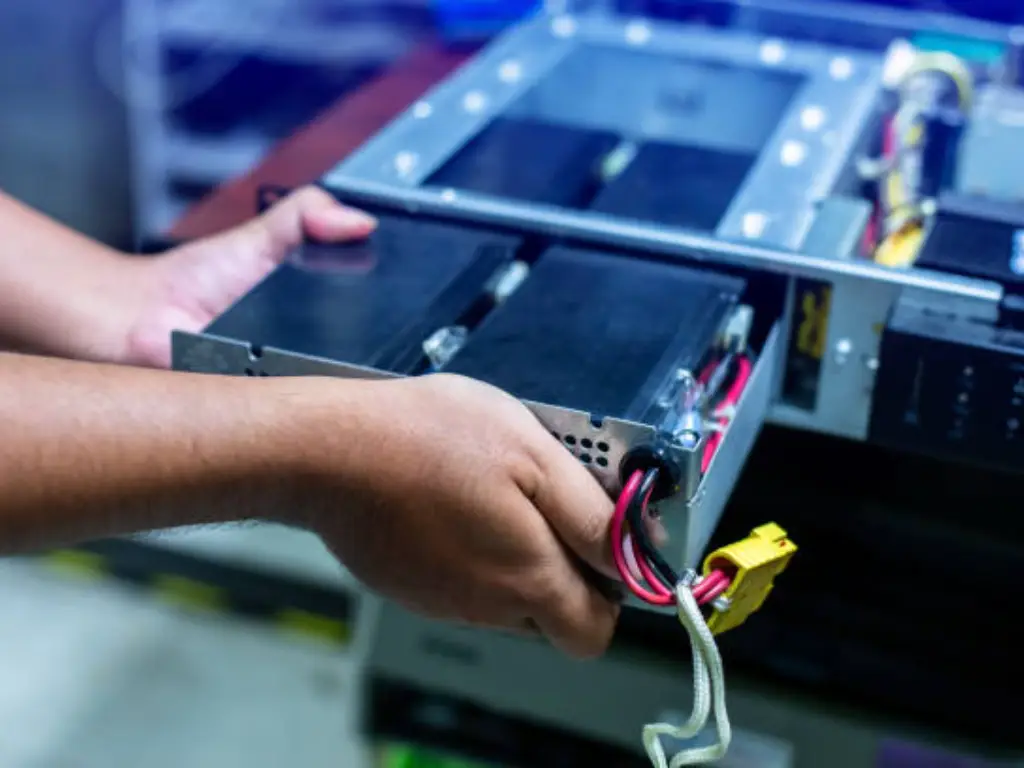
Your Trusted Partner: Delivering Robust Power Solutions from China
At OMCH, we have established ourselves as a trusted supplier of switching power supplies (SMPS) in the industrial power sector. Over the years, we have gained a deep understanding of the critical needs and expectations of our customers. When sourcing industrial power supplies, reliability, cost-effectiveness, rapid response, and resource availability are paramount.
Our range of switching power products is distinguished by its exceptional quality and versatility. Whether you require high-efficiency standard models or complex solutions tailored precisely to your specifications, we have the capability to deliver. We consistently invest in power technology through ongoing research and development to ensure our products lead the industry in performance, efficiency, and remarkable durability. Thanks to these efforts, our offerings are engineered for resilience, adhering strictly to American National Standards Institute (ANSI) protocols.
Our DC power supplies are designed to maintain constant voltage and deliver high currents, making them suitable for a variety of applications. As a manufacturer, we excel in providing robust and flexible solutions that can meet even the most demanding client requirements, ensuring the desired voltage is achieved.
Furthermore, OMCH recognizes the stringent deadlines and technical support expectations of our clients. Our responsive service team is dedicated to going above and beyond to ensure prompt action and seamless operations on your projects. We specialize in adapting alternating current power systems to direct current, particularly for portable electronics and other devices that require low voltage and mobile power.
When you choose OMCH, you are not just acquiring a power supply. You are forming a partnership. We promise to deliver dependable, high-efficiency, and truly cost-effective power solutions. These solutions will serve as the backbone of your industrial applications, safeguarding operational continuity and ensuring uninterrupted productive work. In the power supply industry, we remain committed to quality and are eager to support your journey towards success.
The Future of Industrial Power: Emerging Trends
Industrial power supplies are always changing to keep up with the rising needs of a world that is more connected, automated and concerned about the environment. Important trends are currently guiding the future of the industry. Digital power management is becoming more popular, making it possible to control power supplies with great accuracy, monitor them in real time and diagnose problems remotely. This new technology helps improve how the plant operates and supports preventive maintenance.
The use of Gallium Nitride (GaN) and Silicon Carbide (SiC) in power conversion is bringing about a major change in the industry. Thanks to these advanced materials, we can achieve greater efficiency, smaller sizes and much better heat management, reaching new records for power density. In addition, the worldwide push for sustainable manufacturing is helping to create energy-saving and environmentally friendly power supplies that are easy to connect to smart grids and can harvest energy from various sources. All of these advancements are expected to result in power solutions that are both tough and adaptable, as well as very smart, efficient and able to handle the growing challenges in industry. The development of modern power supplies clearly shows that efficiency and size are important trends.
Laying the Foundation: Strategic Power Supply Choices for Industry
In the complex world of industry, power supplies do much more than simply carry electricity. They form the basis for a company’s lasting performance, dependability and future progress. Having a clear grasp of the differences between linear, switching power supply units and Uninterruptible Power Supply systems, as well as the various ways many specialized solutions, allows businesses to make the best decisions about their power infrastructure. The strict use of key selection criteria, covering performance, environmental strength and essential protection features, helps ensure that all electrical currents are stable, precise and reliable.
Choosing a power supply strategy for industry is not limited to meeting today’s needs. They are mainly focused on making your operations future-ready, more efficient and giving you a strong advantage over competitors. If industrial enterprises assess their needs, plan for the future and work with suppliers who focus on quality, innovation and value, they can build a strong electrical base for their future growth. A power supply isn’t just another part of the system. It’s the silent promise that everything will keep running smoothly and efficiently, making the industrial powerhouse reliable and efficient.

